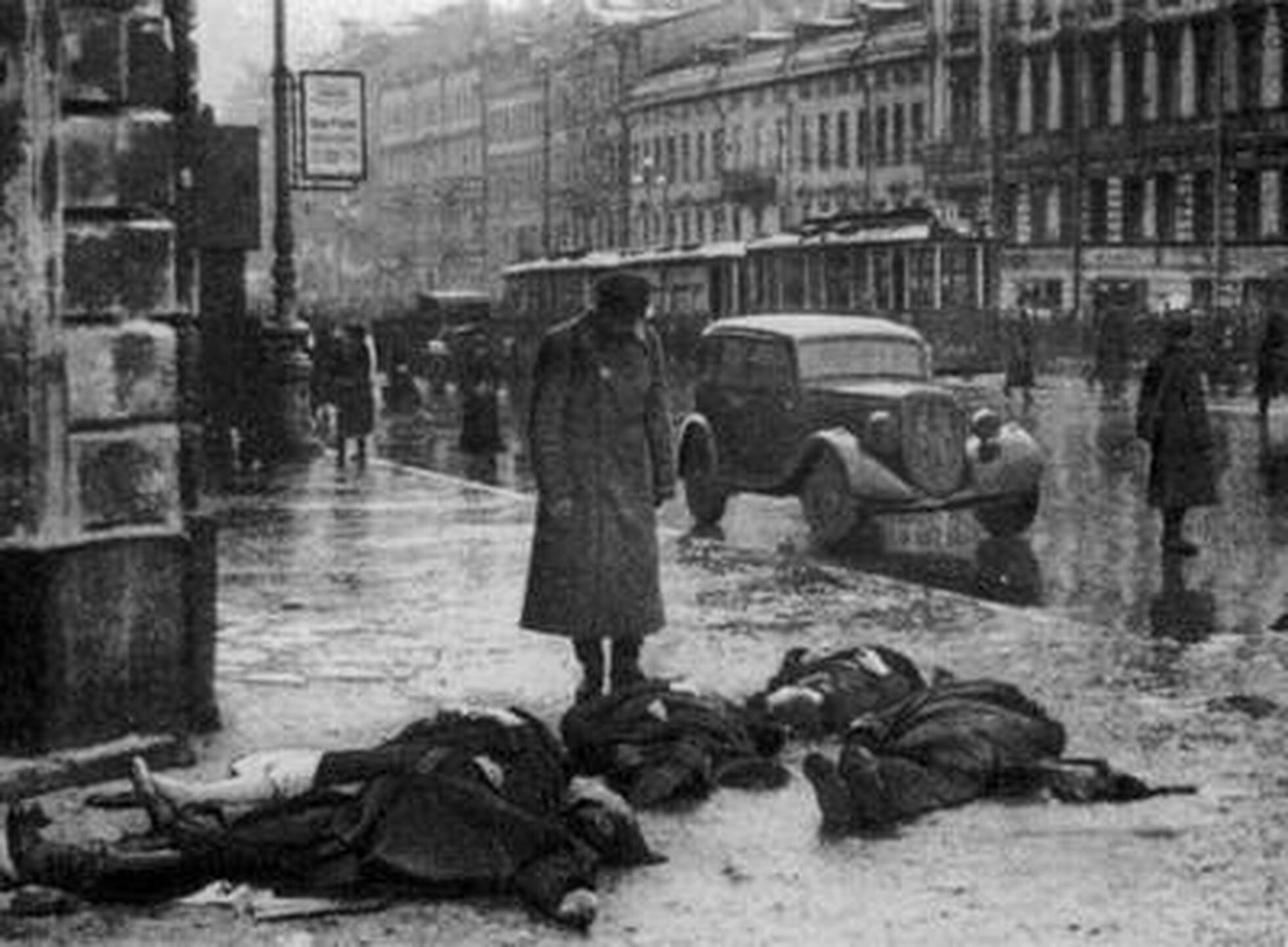PROYECTO SÍNTESIS MUTANT APOCALYPSE.
“Eventos en la historia
que dejaron huella
en nuestro ADN”
Mutant Apocalypse
“History events that left their mark on our DNA”
María José Herrera; Laura Camila Curtis;
Angela Roqueme; Heidy Tapias Avendaño; Damian Lozan[1]1; Jose Armando Herrera[2]
RESUMEN
La siguiente investigación recopila el comportamiento de la mutación de Leningrado ocurrida en la Segunda Guerra Mundial, la cual fue descubierta por el genetista Oleg Glotov. Esta alteración en el código genético mejoro el metabolismo de la civilización rusa haciendo que pudieran aguantar 872 días bajo condiciones extremas de hambre y frio. Este artículo se centra en describir los cambios en los genes UCP3, PPARa y PPARd (proteínas desacoplantes) presentes en la mitocondria los cuales intervienen en los procesos de anabolismo, catabolismo y producción de energía. Las investigaciones de Glotov, abren la posibilidad de estudios sobre el comportamiento mitocondrial y cómo los factores externos promueven en algunas personas mutaciones que los hacen resistentes ante diversas adversidades.
Palabras Clave: Mutación, proteínas desacoplantes, mitocondria.
ABSTRACT
The following research compiles the behavior of the Leningrado`s mutation that occurred in World War II, which was discovered by the geneticist Oleg Glotov. This genetic code alteration improved the metabolism of the Russian civilization, making it possible for them to endure 872 days under extreme conditions of hunger and cold. This article focuses on describing the changes in the UCP3, PPARa and PPARd genes (uncoupling proteins) present in the mitochondria, which are involved in the processes of anabolism, catabolism, and energy production. Glotov's research opens the possibility of studies on mitochondrial behavior and how external factors promote mutations in some people that make them resistant to various adversities.
Keywords: Mutation, uncoupling proteins,
mitochondrial
[1] Estudiantes de grado 904 colegio Francisco de Paula Santander
IED.
[2] Docente asesor en ciencias naturales.
Mg en Docencia de las ciencias naturales
UPN, Químico UN.


Comentarios
Publicar un comentario